Time to Address the Skills Gap in the Accessibility Industry
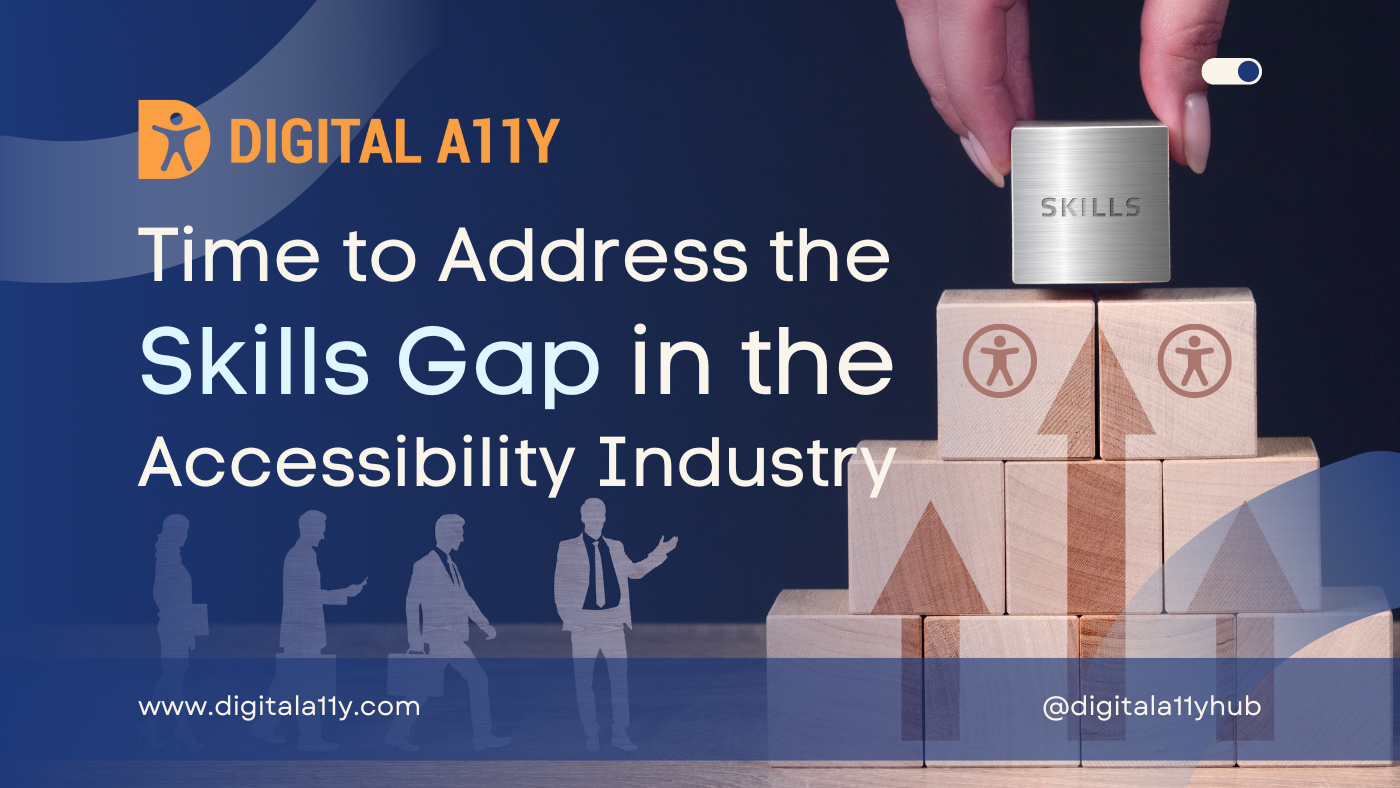
Of late, many people have been reaching out to me asking if I could teach accessibility concepts. Some of them have even cracked job interviews after hastily studying crash courses. Now they seek my support during their employment. While I genuinely enjoy teaching, I do have very limited time in a day.
The field of digital accessibility demands consistent practice. Besides, staying up to date is essential. Unfortunately, there are no shortcuts when it comes to learning how to perform accessibility audits or obtaining DHS Trusted Tester or IAAP certifications.
The second aspect involves supporting individuals in their jobs. Most of the people who approach me lack fundamental knowledge of HTML, CSS, or JavaScript. They often rely on popular online courses to get through the interview process. But once on the job, they struggle to perform effectively. Consequently, they require on-call assistance for their day-to-day tasks. I find it disheartening that the accessibility space is sometimes considered merely as a quick entry point into the job market. These professionals view it as a way to make money, rather than truly understanding its significance.
Surprisingly, many of these individuals cannot even speak coherently about digital accessibility for two minutes, let alone demonstrate a deep understanding of disabilities. Last year, during an interview, a candidate consistently referred to the job title as “ADA Tester.” When I asked what ADA stood for their response shocked me: “accessibility for disabled act”.
The individual who responded to the previous question works for a large consulting enterprise and has been deployed at one of the largest banks in the United States.
This is not an isolated incident. Over the past few years, I have encountered many candidates in similar situations. These individuals have extensive experience in manual testing, functional testing, and automation testing. However, when they are assigned to an accessibility project, they are given test cases to validate. Unfortunately, their knowledge of accessibility remains poor.
The root cause lies in large organizations treating accessibility as part of the QA process without providing adequate training to help candidates understand its significance. As a result, some of the applications we use daily are inaccessible. The testing and remediation of these applications are often outsourced to developing countries by these large organizations. To cut costs, they deploy functional and manual testers, occasionally including one or two individuals with visual disabilities for user testing. This approach of larger enterprises towards accessibility further widens the skills gap and allows people who are less skilled and dispassionate about accessibility to flood the industry.
While digital accessibility is a well-paid job in some enterprises, the entry barrier remains low. However, it’s crucial to recognize that this field requires technical expertise. Organizations must adopt better hiring strategies when evaluating candidates in the accessibility domain. The sheer number of people reaching out asking if I could proxy their job interviews in the accessibility space has left me alarmed.
To the organizations in the services sector bidding for large accessibility projects: invest in accessibility training and provide foundational knowledge. Passing the DHS Trusted Tester exam should not be the sole benchmark.
There is an industry-wide problem and it appears to be growing each day. It’s time we all wake up and invest on right candidates, their foundational trainings and setting benchmark goals to monitor and measure continuous progress in accessibility upskilling.
While I agree that accessibility projects are another business service segment, organizations must treat with much care as it impacts millions of lives. So, stricter hiring practices are required. Above all, it is paramount that the leaders who make accessibility decisions must have experience in digital accessibility field and know the significance of it.
The time is ripe for everyone to address the issues at least now. Only then, digital accessibility and inclusivity could be achieved to their fullest potential.
Related Reads
- Unraveling the Diversity of Digital Accessibility Job Titles
- Tips & Resources To Find a Job in Digital Accessibility Space
- Stop trying to recruit unicorns with acorns by Craig Abott
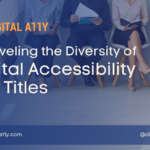
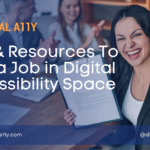
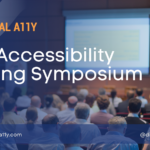
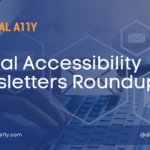

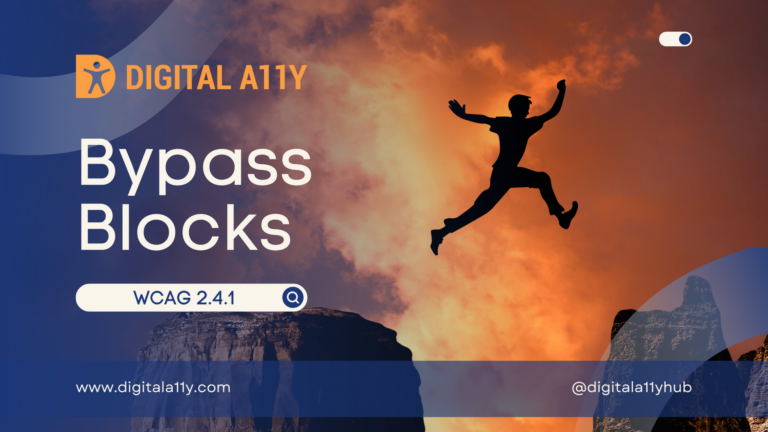
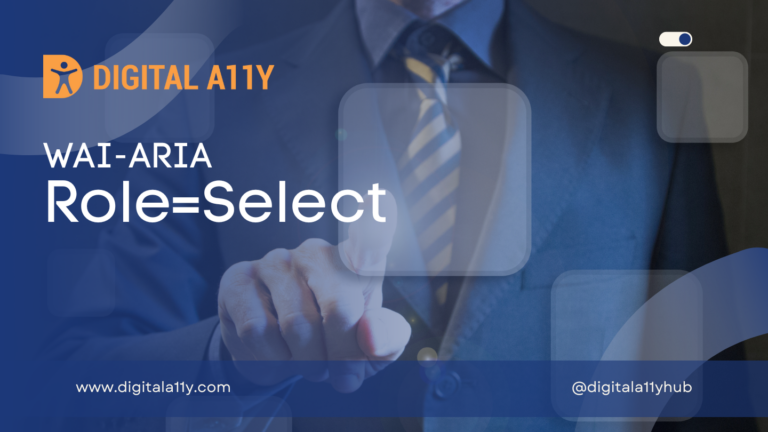
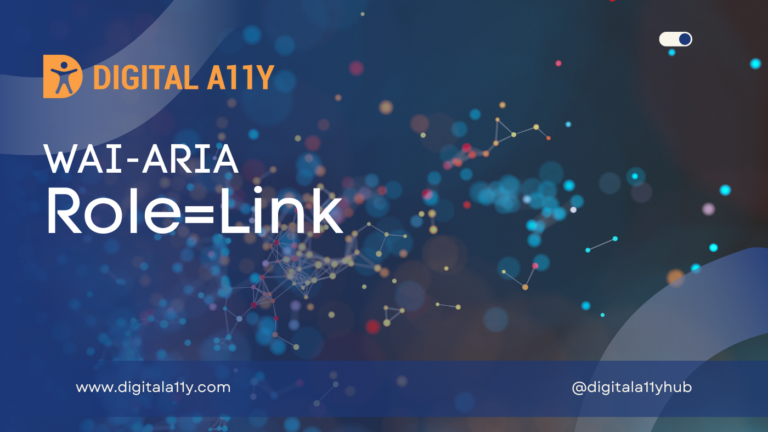
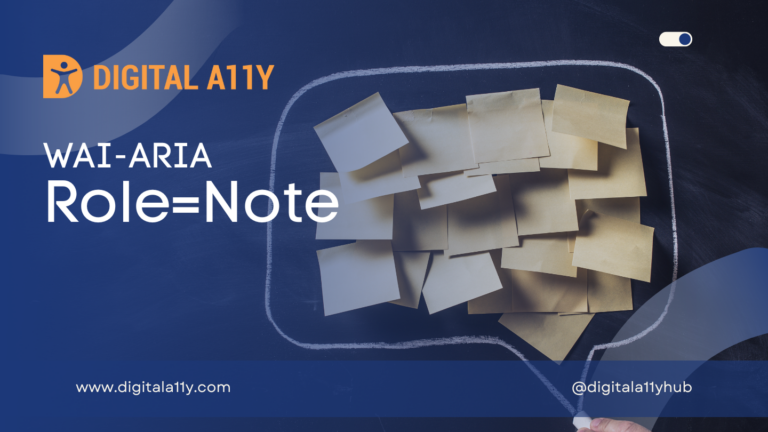

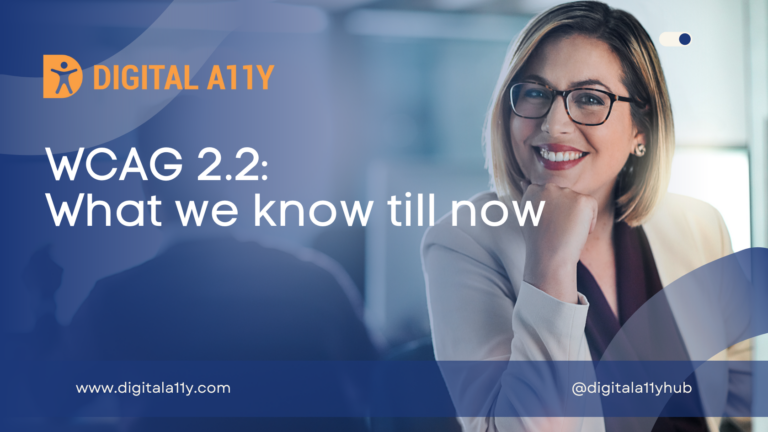
Well Said Raghav. The article highlight thekey problem in the industry I think this is the first time someone writes about this problem in the industry. Large product companies must evaluate their accessibility partners; hire accessibility-specialized companies and individuals to perform audits and suggest remediations.
Because it’s looked as nice to have or as charity. When PM are told about the accessibility problem in their product they just reply, oh but my user group don’t have any accessibility issue.
Till the time it’s not looked as a lucrative business opportunity, the skill divide will not get shorten. Once a sustainable and profitable business model is built or a crisis is generated like the case of AI or Data Science people will not be motivated to be a part of A11y discussion.